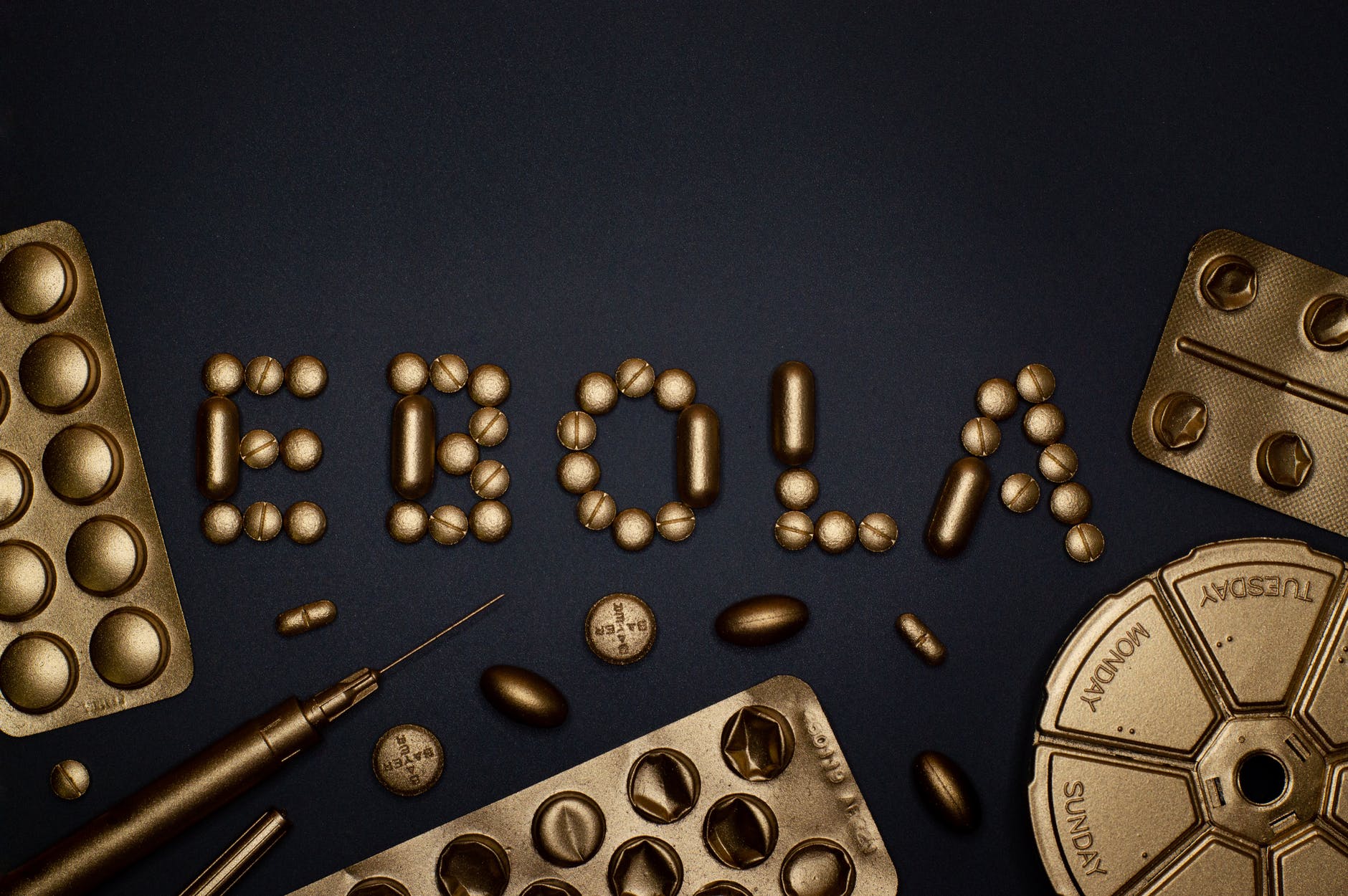In the race for a cure for one of the world’s deadliest epidemics, it may sound insensitive to raise the issue of share prices. But at the heart of this crisis is a story of potential corporate winners and losers as each tries to address Ebola.
Ebola was first discovered in 1976. Despite all the progress made in bio-sciences over the years, there is no approved treatment in existence. Research and development of a drug requires substantial funding and therein lays the first economic hurdle.
In the U.S., it is common knowledge that it now takes $1 billion to take a drug all the way from development through FDA approval. No prudent investor takes risk unless there is promise of a return.
Supply and demand will dictate the development of Ebola drugs. Ebola has not been a priority over the years for a number of reasons. Demand for drugs to address the disease has been limited based on its rarity, localization and its minimal impact on significant economies.
For related reasons, HIV/AIDS, by comparison, have received more attention and investment in research and development. Once HIV/AIDS crossed oceans and seas, it was threatening large Western societies and infecting urban communities in many parts of the world.
However, as Ebola makes its way toward commercial centers in Nigeria, Sierra Leone and Liberia, substantial measures are now being implemented to control any further outbreaks including travel bans and border closures. An appreciation of the need to contain this epidemic has developed.
Simultaneously, as claims are made by pharmaceutical companies about how their experimental treatments may help address Ebola, stock prices of these firms have generally spiked.
Zmapp for instance, was developed by Mapp Biopharmaceuticals, a privately held company based in San Diego in the U.S., in conjunction with Defyrus Inc., a Canadian company. The US government and the Public Health Agency of Canada have also helped. Zmapp is currently offered at no cost but financial assistance from governments has been requested to address the issue of limited supplies.
It is difficult to assess the impact of the latest Ebola outbreak on Mapp Biopharmaceuticals as it is a privately held company but according to Reuters, rising demand for Zmapp has been having a knock-on effect on Tekmira’s stock prices, especially between July and August.
Another drug, TKM-Ebola was developed by Tekmira Pharmaceuticals in Canada. The cost of this drug has not yet been confirmed but it is estimated that it will be in the region of hundreds of dollars per dose. Since obtaining partial approval from the FDA, Tekmira Pharmaceuticals’ stock price rose by over 28 percent between January and August.
Avi-7537 was developed by Sarepta Therapeutics Inc. in the U.S. This drug has yet to receive FDA approval but has been described as ‘clinical trial-quality’. Sarepta has requisite permits to make the drug available on request. There has been fluctuation in Sarepta’s stock, soaring by about 80 percent between January and May then dropping by over 30 percent between May and August.
Avigan T-705, also known as Favipiravir, was developed by Toyama Chemical Co ltd, a subsidiary of Fujifilm Holdings Corp in Japan, in conjunction with MediVector Inc., a U.S. company. This drug was initially approved by the Japanese government for the treatment of new strains of influenza but since Japan announced its plan to test its use on Ebola, Reuters reported a 4 percent rise in Fujifilm shares between Late July and mid-August, making it the eighth most actively traded issue on the Tokyo Stock Exchange’s main board. The drug has been offered to the World Health Organization at no cost.
Another drug, BCX4430, was developed by BioCryst Pharmaceuticals Inc., although this drug is still in its initial testing phase. BCX4430 has received additional financial support from the U.S. Agency for International Development. BioCryst’s stock has seen over 40 percent since July.
One of the major experimental vaccines developed to prevent the spread of Ebola is VSV-EBOV, It has been created by the Public Health Agency of Canada in conjunction with Bioprotection Systems, a subsidiary of Newlink Genetics, a U.S. company. Approximately 800 doses of this experimental vaccine have been donated to the World Health Organization at no cost. There has been a 34 percent increase in Newlink Genetics’ stock between July and August.
It is no coincidence that at least some of these stock prices went up as a result of the worsening of the Ebola outbreak.
Isi Gbandi earned her undergraduate degree from the University of the West of England, Bristol, and received a Post Graduate Diploma in Legal Practice from the Oxford Institute of Legal Practice. She works as a Legal and Debt Adviser in Oxford, United Kingdom. She is associated with the Progress Through Business program.
Do more by talking with your friends and family about the ethics of for-profit companies addressing major health challenges. Have one person take the side of defending pharmaceutical companies, while another person argues for government and volunteer organizations. Then, switch sides and repeat the process. What did you learn? What new insights did you gain? Did the different perspectives change you opinion on the issues at hand?
Read more about the drug companies working to combat Ebola in an article from MarketWatch or in an article from The Economist.
Donate through UNICEF to help efforts to completely eradicate Ebola from this latest outbreak: Act Now





